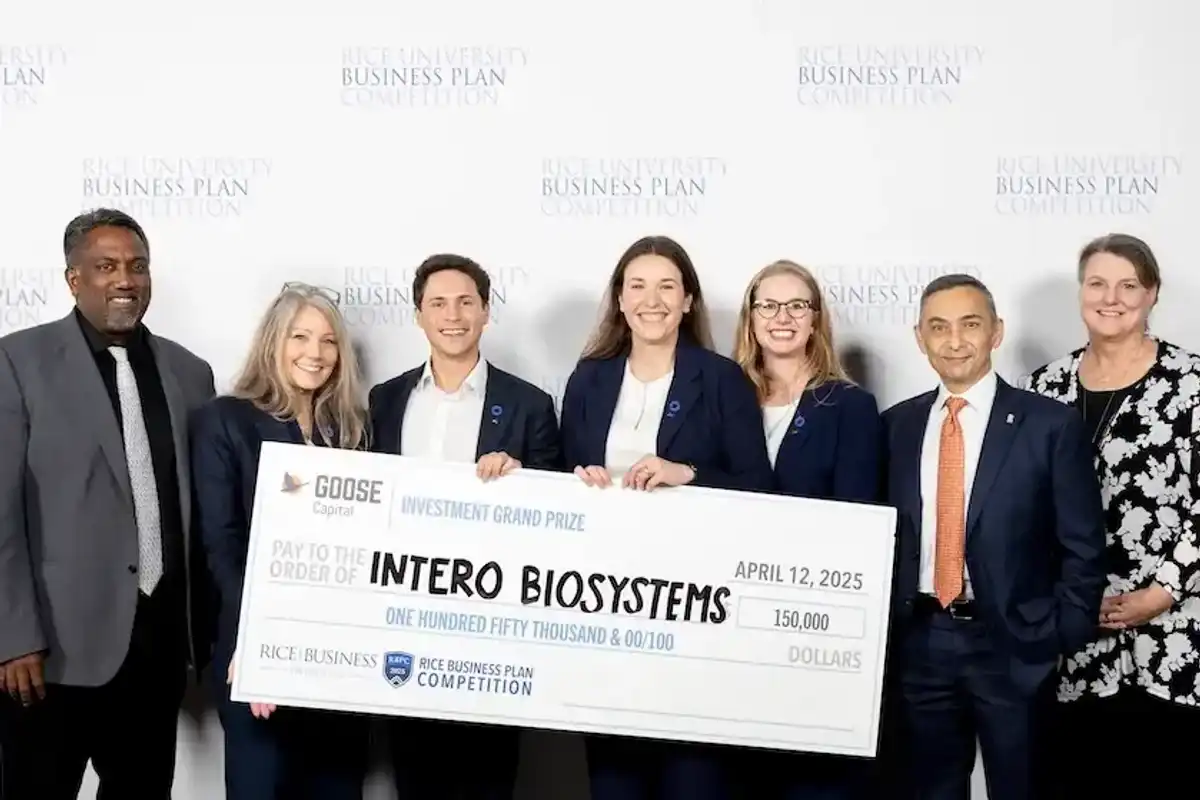Houston-based Rivalry Tech announced that it has partnered up with Canadian RoboEatz to bring hospital employees on-demand meals 24/7.
RoboEatz is known for its autonomous robotic kitchen system, which prepares high-quality dishes efficiently and consistently for health care organizations, businesses, higher education institutions and quick-service restaurants.
Rivalry Tech will couple RoboEatz's system with its user interface, known as myEATZ, that's currently in use at several Houston Methodist Hospitals, the TMC Innovation Factory, and in resorts, hospitals, office buildings, and more, according to the company's website.
"At Rivalry Tech, we're dedicated to pushing our boundaries into cutting-edge technologies with innovative partners like RoboEatz," Aaron Knape, CEO of Rivalry Tech, says in a statement. "Partnering with RoboEatz allows us to take this commitment a step further by providing an interface that gives users complete control over their dining choices and preferences."
Rivalry Tech originally founded myEATZ as an in-stadium ordering app in 2018, then known as sEATz. The company rebranded and introduced myEATz in 2022 and launched a new app about a year ago.
The company raised $3.5 million in funding to expand into the health care space in 2022 and initially rolled out at Houston Methodist The Woodlands Hospital, Houston Methodist West Hospital, Houston Methodist Clear Lake Hospital, Houston Methodist Continuing Care Hospital, and Houston Methodist Willowbrook Hospital last spring. According to Rivalry, its partner Aramark Healthcare+ has been important to the expansion of their technology within the health care sector.
"We believe this partnership marks a pivotal moment in the evolution of dining technology," Janis Poruks, CTO and Co-Founder of RoboEatz, said in a statement. "By integrating Rivalry Tech's user interface with our automated robotic kitchen, we're transforming dining into an interactive and personalized experience. Our goal is to redefine convenience and quality in dining while reducing the need for full-time employees."
MyEATZ, then sEATz, was part of Softeq Development’s accelerator in 2022. Click here to see the latest Houston tech companies to join.




